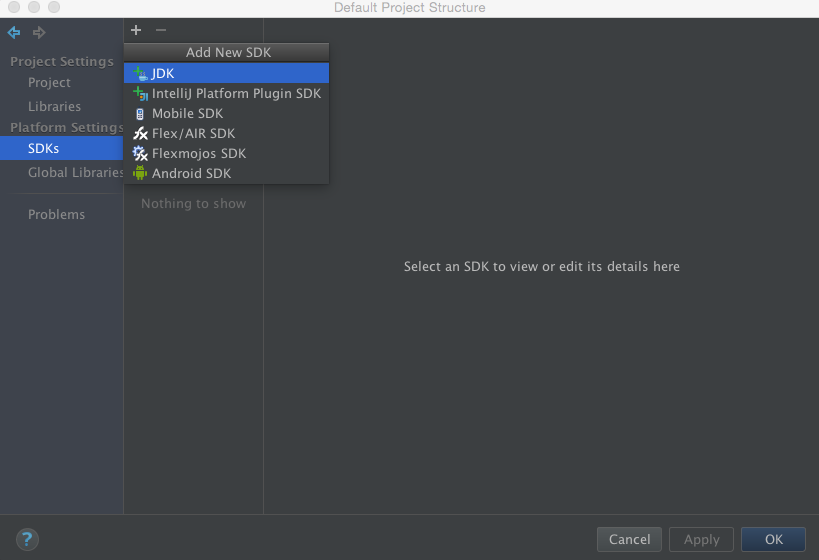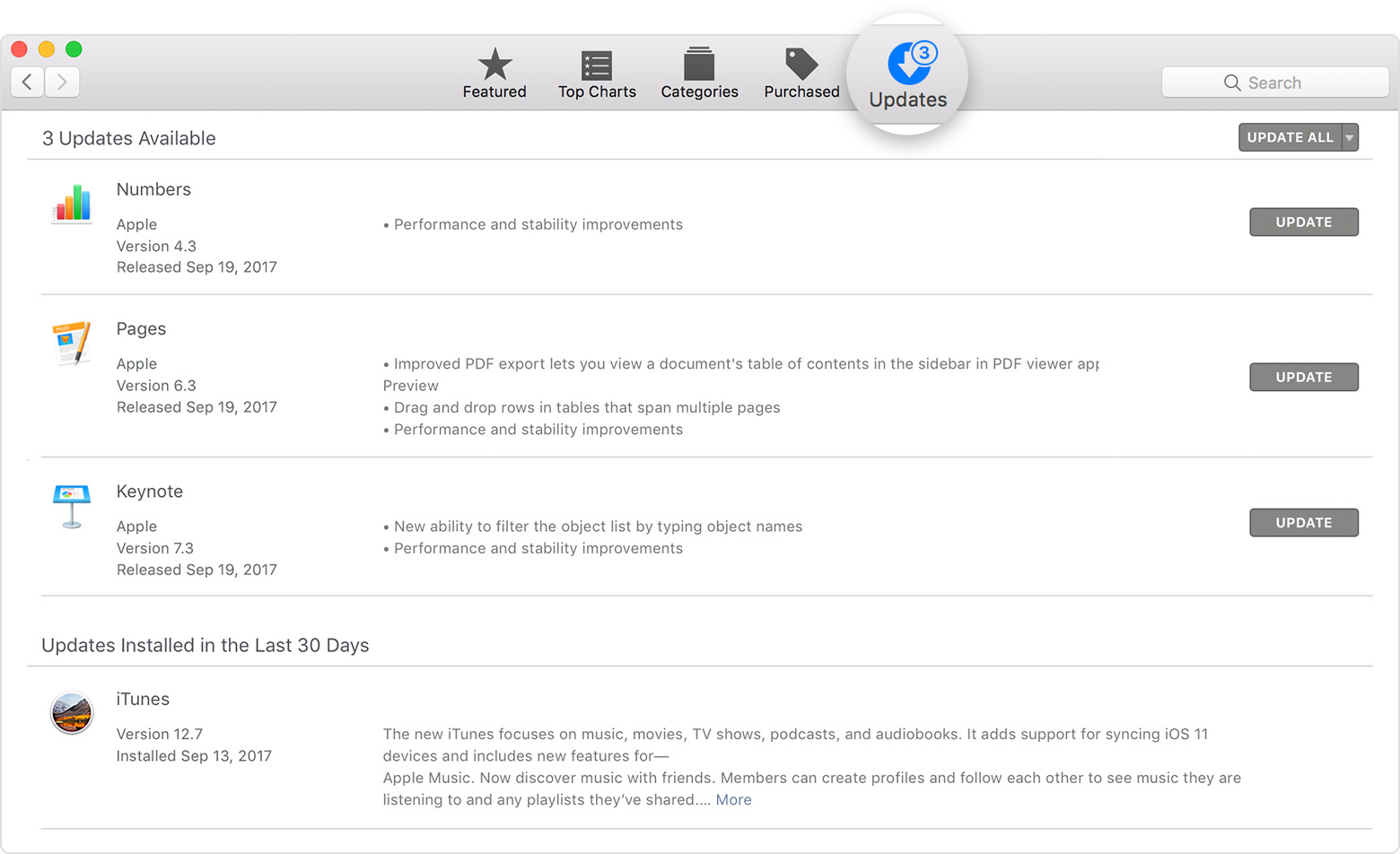

Replace $CERT with the path to your certificate the you previously installed to the system. Replace $JDK_HOME with your actual JDK home path. Import the certificate to the jssecacerts keystore using the following command, replacing variables as noted below: $JDK_HOME/bin/keytool -importcert -file $CERT -alias $ALIAS -keystore $JDK_HOME/lib/security/jssecacerts -storepass changeit Jssecacerts needs to start as a copy of cacerts, which it overrides rather than extends. JSSE will use the jssecacerts file, if present, instead of cacerts. This will leave the original cacerts file available as a backup.

The general import procedure is described below, followed by examples for Linux and Windows.Ĭopy the default keystore $JDK_HOME/lib/security/cacerts as $JDK_HOME/lib/security/jssecacerts. If you do opt to use an untrusted certificate, then you must import it into the Java keystore. Use of a trusted certificate is preferred and recommended because using an untrusted certificate, such as a self-signed certificate, will cause web services communication to fail with the SSLHandshakeException error. The information is important only if you are not using a SSL certificate that is signed by an authority trusted by Java. Use of a trusted certificate is preferred and recommended because using an untrusted certificate, such as a self-signed certificate, will cause web services communication to fail with the SSLHandshakeException error.īefore making the switch from Oracle JDK8 to OpenJDK 11. You are not using a SSL certificate that is signed by an authority trusted by Java.

Whenever I hit a new project, I will automatically attempt to work with an upcoming release, and this could help me identify potential problems I can then report back to the OpenJDK project.You will need to import a certificate to the Java Keystore if: I like to use an Early Access as my system default.

So how do you switch back and forth? Let's set versions and switch back and forth.įirst you set a Java version to be global default. Now you have Java 8, 11, 14 and 15-EA available. Neat! It has other nice features, so check the website for more documentation. So, once you have these settings, jEnv will switch to whatever version makes most sense, based on the priority above and based on where you are. JEnv uses shim binaries and also manipulates the JAVA_HOME environment variable for you automatically. Set a Java version for the current shell.Set a Java version for the current directory/project you are in.Set a Java version for your overall system.JEnv has excellent features especially for those constantly using terminals. Repeat the command jenv add for all other 3 versions. Once you have SDKMAN! installed and configured, you will type: Let's see how we get them to play ball together… What you don't know is that you can combine them. In my opinion, the ideal way is by combining two open source tools that exist already for quite some time and you may already know at least one of them. For advanced users, it may be the best choice.
#HOW TO UPDATE JDK ON MAC MANUAL#
I'll leave this to you to dig the internet for solutions, if you prefer the manual way. The main problem? You may simply forget to call the script/function, and be hit with some UnsupportedClassVersionError to then only realize what's wrong. Solutions for this would include using bash scripts, bash functions, and so on. But then you have to always verify and update JAVA_HOME to point to the one you really want for this and for that project.
#HOW TO UPDATE JDK ON MAC INSTALL#
You can go after your JDK vendor-of-choice website and download binaries, and install them all manually (or even better just extract them to some folder like $user/jdks and be done with it. This article is to help you through that process. Installing, managing, and switching between JDKs in your computer is no easy task these days where the majority of developers are still on Java 8, while a good chunk is now moving to Java 11. If you, like me, have to deal with multiple projects at different stages, like one being legacy, another one being the latest, and another one being a library or tool consumed by users also using different versions of Java, then you have a small Multiple JDK problem, assuming you only care for one vendor of JDK otherwise, you have a Matrix JDK problem.


 0 kommentar(er)
0 kommentar(er)
